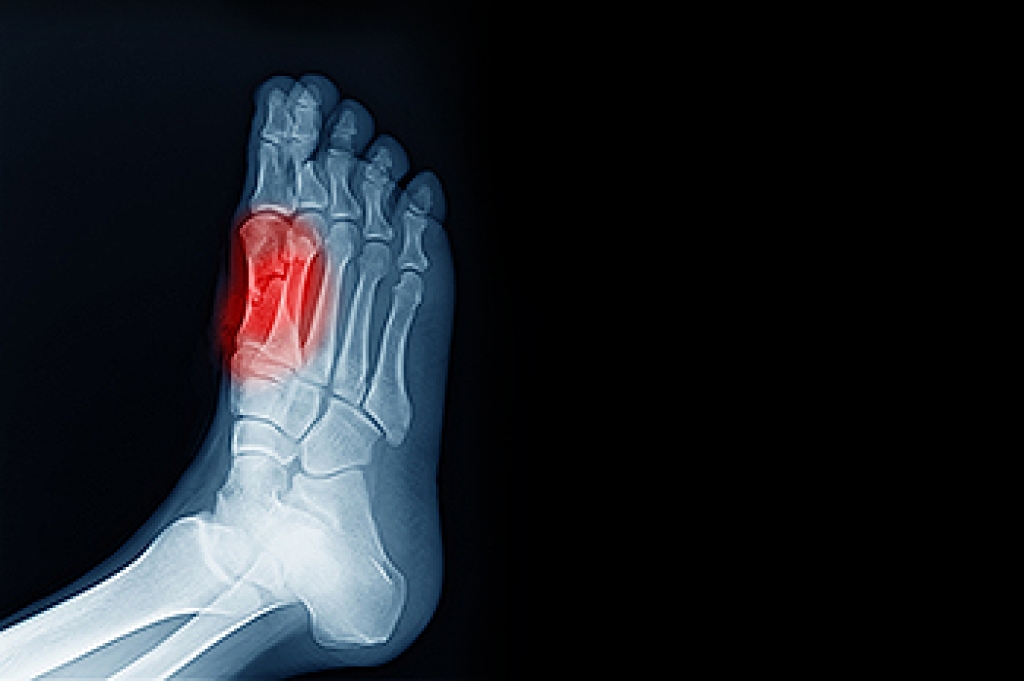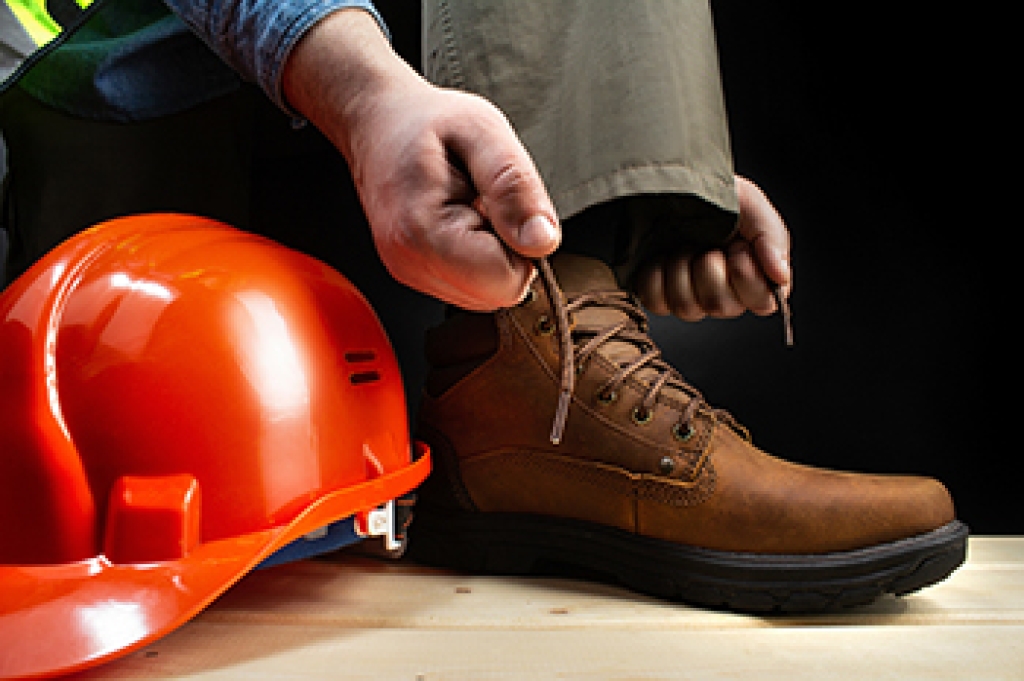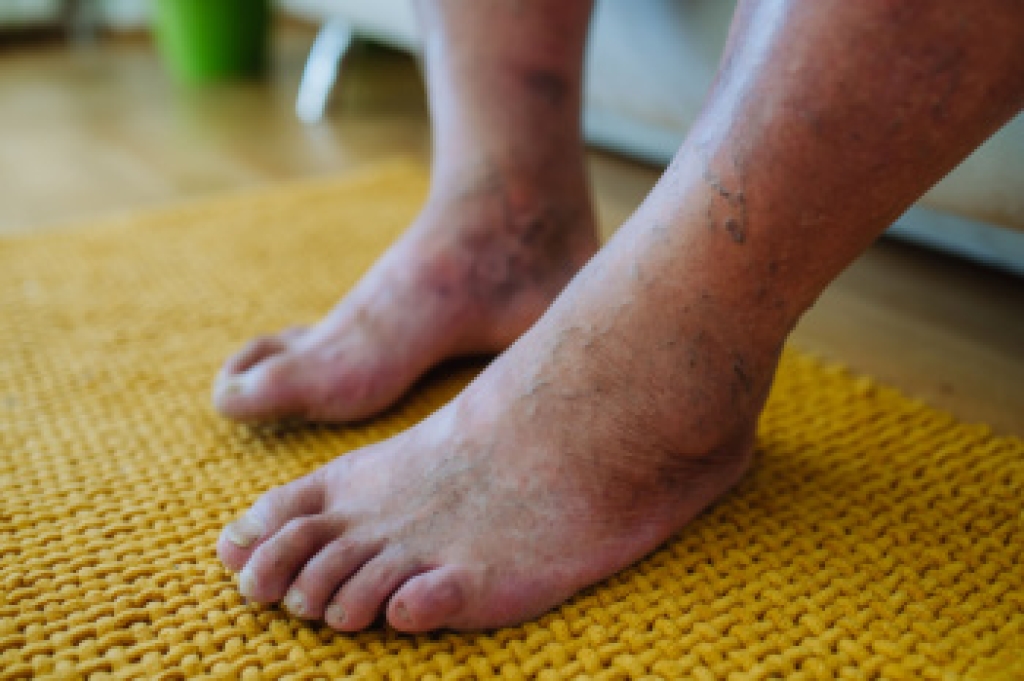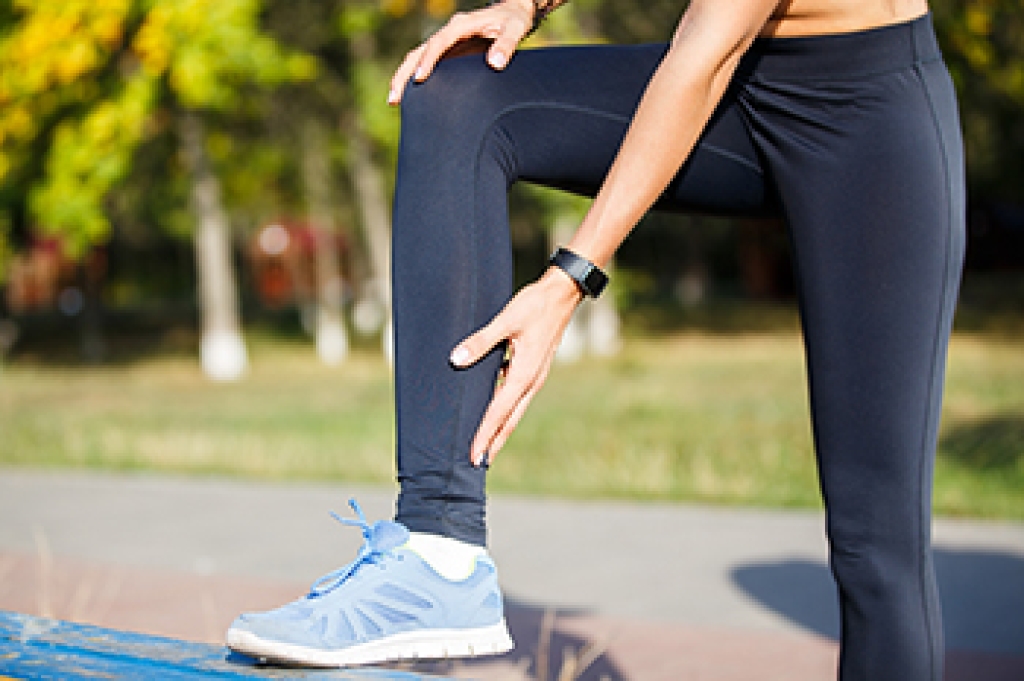
Sesamoiditis is a painful condition that affects the sesamoid bones, which are the small bones located beneath the big toe joint in the foot. These bones act as pulleys, aiding in movement and providing support for the tendons. Sesamoiditis occurs when these bones become inflamed or irritated, typically due to overuse or repetitive stress. Dancers, runners, and individuals who engage in activities that involve high impact on the feet are particularly susceptible to this condition. Common symptoms of sesamoiditis include pain and swelling surrounding the base of the big toe, which may worsen with activity and improve with rest. In some cases, there may be difficulty bending or straightening the big toe. If you have pain in this part of your foot, it is suggested that you visit a podiatrist who can accurately diagnose and treat sesamoiditis.
Sesamoiditis is an unpleasant foot condition characterized by pain in the balls of the feet. If you think you’re struggling with sesamoiditis, contact Paul Potach, DPM of Illinois . Our practitioner will treat your condition thoroughly and effectively.
Sesamoiditis
Sesamoiditis is a condition of the foot that affects the ball of the foot. It is more common in younger people than it is in older people. It can also occur with people who have begun a new exercise program, since their bodies are adjusting to the new physical regimen. Pain may also be caused by the inflammation of tendons surrounding the bones. It is important to seek treatment in its early stages because if you ignore the pain, this condition can lead to more serious problems such as severe irritation and bone fractures.
Causes of Sesamoiditis
- Sudden increase in activity
- Increase in physically strenuous movement without a proper warm up or build up
- Foot structure: those who have smaller, bonier feet or those with a high arch may be more susceptible
Treatment for sesamoiditis is non-invasive and simple. Doctors may recommend a strict rest period where the patient forgoes most physical activity. This will help give the patient time to heal their feet through limited activity. For serious cases, it is best to speak with your doctor to determine a treatment option that will help your specific needs.
If you have any questions, please feel free to contact our offices located in Wheeling and Berwyn, IL . We offer the newest diagnostic and treatment technologies for all your foot care needs.





